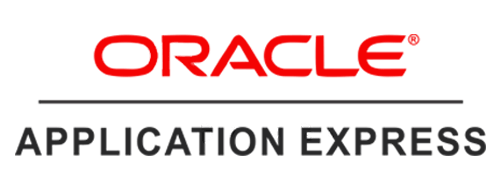At Acevedo, we offer specialized consulting to implement an ERP tailored for shipping companies, designed to optimize, simplify, and automate your operations. It ensures a high-quality service that meets your customers’ expectations.
At Acevedo, we offer specialized consulting to implement an ERP tailored for shipping companies, designed to optimize, simplify, and automate your operations. It ensures a high-quality service that meets your customers’ expectations.
Consulting
Here are some of the benefits of using ERP software for transportation and logistics companies:
Reduces errors in inventory accounting and delivery commitments.
Enhances organization and strategic planning, increasing the company’s productivity and competitive capacity.
Centralizes logistics information, enabling informed and agile business decisions.
Creates route plans and provides real-time tracking. An ERP allows you to monitor the status of shipments and deliveries instantly.
Acevedo, as a consulting firm specialized in ERP for courier and parcel companies, has an in-depth understanding of the demands and KPIs required to maintain quality and profitability in the sector. Success depends on efficient time management and staff productivity, making it essential to anticipate any delivery delays to avoid penalties or additional costs.
It is vital to have a management tool that combines an advanced shipment management system with a comprehensive CRM to properly handle the client portfolio. Additionally, a robust financial module is essential for monitoring the budget and making real-time comparisons with actual revenue.
A robust budgeting module that manages all cost variables in logistics.
Data analysis to ensure success in the courier and parcel sector.
Access a complete and efficient solution that examines all resource variables.
Do you have any question?
Any company can benefit from an ERP, whether large or small. It is especially useful for businesses looking to optimize processes, companies with multiple geographic locations, and those aiming to improve inventory and human resource management.
Some of the key functions of ERP software for shipping management include:
Inventory and Warehouse Management: The ERP controls stock in real time, optimizes storage, manages batches and expiration dates, and automates processes using technologies such as barcodes and RFID.
Order Management: Automates order entry and processing, provides real-time tracking, integrates invoicing and payments, and facilitates returns management, ensuring efficiency and accuracy throughout the order lifecycle.
Route Planning and Management: Uses algorithms to optimize delivery routes, allocates resources efficiently, provides real-time tracking, and manages incidents along the route, improving logistical efficiency and reducing costs.
Customer Management: Maintains a centralized customer database, enables service personalization, facilitates customer support, and offers detailed analytics, enhancing customer relationships and satisfaction.
A shipping company should consider several requirements: adaptability to tailor the system to its specific needs, scalability to grow with the business, ease of integration with existing systems, analytical tools for informed decision-making, effective technical support to resolve issues, and ongoing training programs for staff.
Small and Medium-Sized Enterprises

Large and Medium-Sized Enterprises (SMEs)

Large and Medium-Sized Enterprises (SMEs)

Unrestricted Software Development



Quito, Ecuador